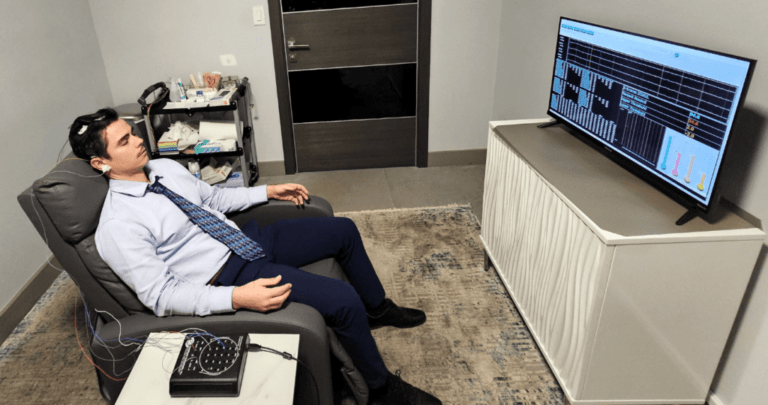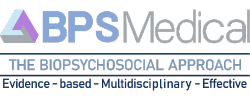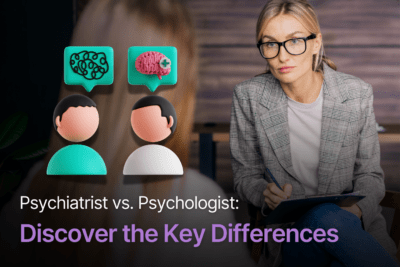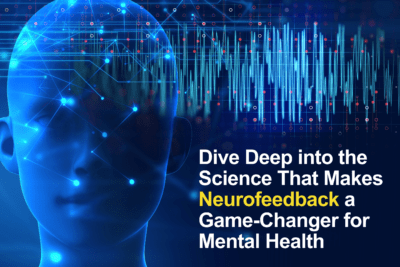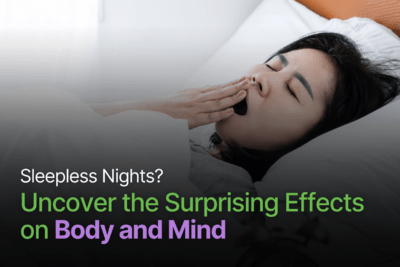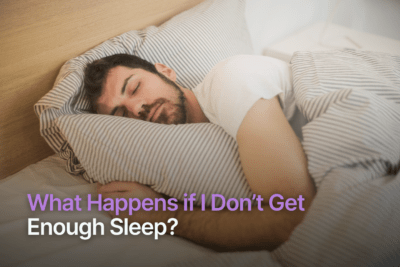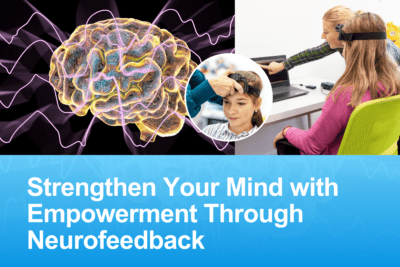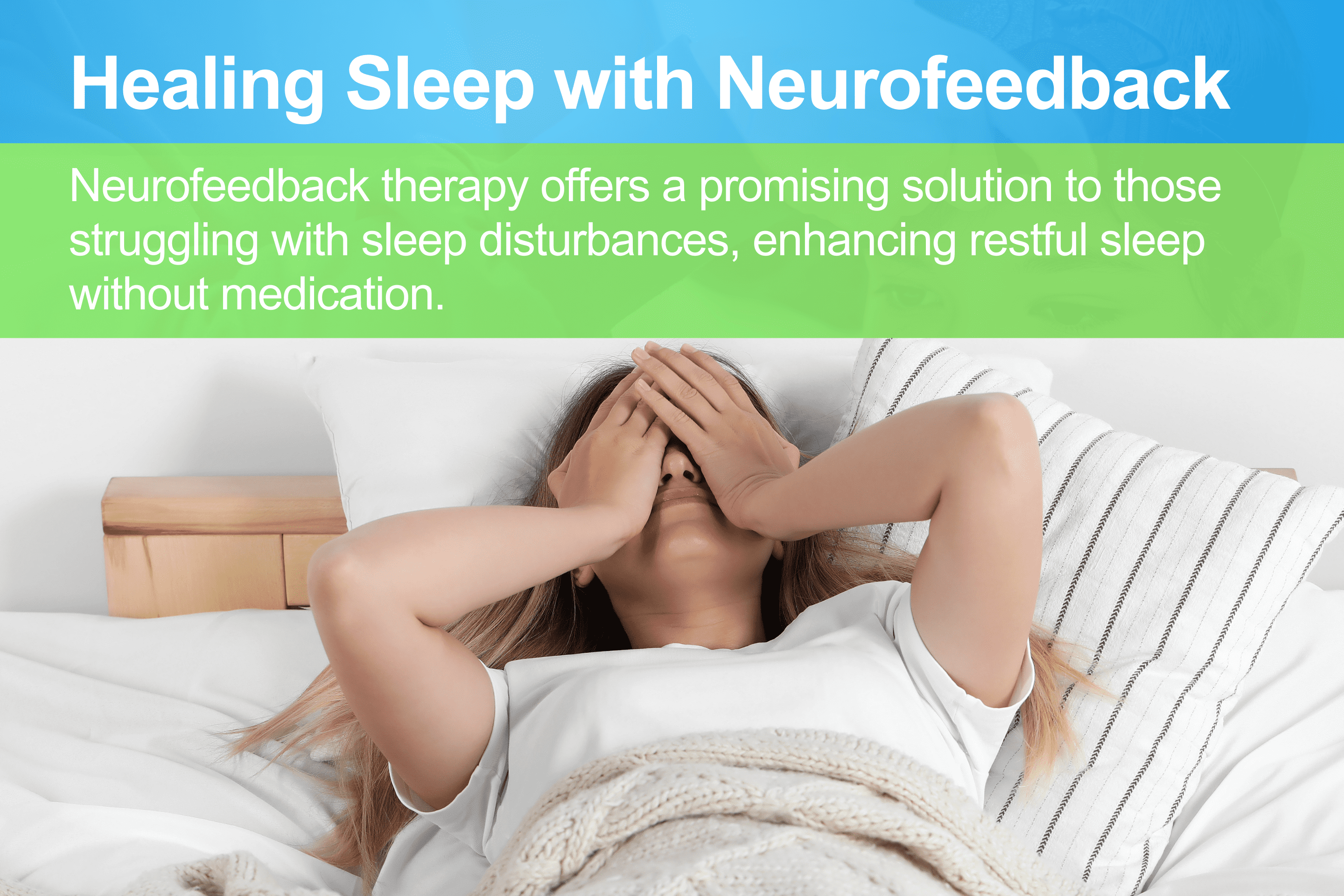
The Future of Non-Surgical Intervention and Neurofeedback Therapy for Sleep Problems or Insomnia
The human brain remains one of the most complex and riveting analyzable entities—serving as the epicenter for our cognitive abilities, behaviors, emotions, and the full spectrum of human experiences. At BPS Medical, we’re dedicated to helping you harness this potential, presenting neurofeedback as a powerful tool to unlock the power of your mind in harmony with the holistic biopsychosocial (BPS) approach.
What is Neurofeedback Therapy?
Neurofeedback, a type of biofeedback specializing in the brain’s function, permits your brain to visualize and adjust its internal processes dynamically. Imagine flexing your brain waves, molding your cognitive prowess through real-time insights into your neural patterns. More than an exercise, neurofeedback is your personalized expedition towards enhanced memory, restful sleep, and sharpened cognitive abilities. Click to learn more >
How Neurofeedback Therapy Works
Neurofeedback therapy involves placing sensors on the scalp to monitor brainwave activity. This data is then translated into visual or auditory signals that patients can use to alter their brain activity consciously. By providing real-time feedback, neurofeedback enables patients to develop greater control over their brain functions, which can lead to improvements in sleep, anxiety, depression, and other neurological conditions. Click to learn more >
History of Neurofeedback Therapy in the USA
Neurofeedback therapy has been utilized in the USA since the 1960s. Initially used to treat epilepsy, its applications have since expanded to include ADHD, anxiety, depression, PTSD, and sleep disorders. Over the decades, numerous studies have validated its efficacy, making it a respected alternative or complementary treatment in the field of mental health and neurological disorders.
Neurofeedback Therapy for Sleep Problems or Insomnia
Call 954-287-0227 Now!
Treatment for Insomnia
The Role of Non-Surgical Intervention in Neurofeedback Therapy For Sleep Problems or Insomnia
The future of neurofeedback therapy is promising, with advancements in technology enhancing its effectiveness and accessibility. Innovations such as AI-driven algorithms and portable neurofeedback devices are making personalized brain training more precise and convenient. As research continues to validate its efficacy, neurofeedback is poised to become a mainstream intervention for sleep problems and various neurological conditions.
At BPS Medical, we integrate neurofeedback therapy within our holistic biopsychosocial (BPS) approach, ensuring comprehensive care that addresses the biological, psychological, and social facets of health. Our commitment to cutting-edge treatments and personalized care empowers patients to achieve optimal health and well-being.
Facts and Statistics
-
Neurofeedback Therapy and Sleep Disorders
-
Improvement in Sleep Quality: A study published in the Journal of Neurotherapy found that individuals undergoing neurofeedback training showed significant improvements in sleep quality and reductions in insomnia symptoms. Specifically, 70% of participants reported better sleep after completing neurofeedback sessions.
-
Reduction in Sleep Onset Latency: Research indicates that neurofeedback can decrease the time it takes to fall asleep (sleep onset latency). A study in Applied Psychophysiology and Biofeedback demonstrated a 44% reduction in sleep onset latency among participants.
-
Sustained Benefits: Neurofeedback not only provides immediate benefits but also promotes long-term improvements in sleep patterns. Follow-up studies have shown that the positive effects of neurofeedback on sleep can persist for months after the completion of training.
Neurofeedback Therapy and Cognitive Function
-
Enhanced Cognitive Performance: Neurofeedback has been shown to enhance various aspects of cognitive performance, including attention, memory, and executive function. A meta-analysis published in Clinical EEG and Neuroscience concluded that neurofeedback training leads to significant improvements in cognitive abilities.
-
Reduction in Anxiety and Stress: Many individuals with sleep problems also experience high levels of anxiety and stress. Neurofeedback has been proven effective in reducing anxiety levels, which can indirectly improve sleep quality. A study in the Journal of Anxiety Disorders reported a 50% reduction in anxiety symptoms among neurofeedback participants.
-
Non-Invasive and Drug-Free: One of the most appealing aspects of neurofeedback is that it is a non-invasive, drug-free intervention. This makes it an attractive option for individuals seeking alternative treatments for sleep problems and insomnia without the side effects associated with medication.
-
What is the best sleep therapy for insomnia?
There are various effective sleep therapies for insomnia, ranging from behavioral interventions to medical treatments. Here are some of the most commonly recommended therapies along with resources for further reading:
1. Cognitive Behavioral Therapy for Insomnia (CBT-I)
CBT-I is considered the first-line treatment for chronic insomnia. It involves identifying and changing thoughts and behaviors that contribute to sleep problems.
- Resource: CBT-I Web
- Book: “Say Good Night to Insomnia” by Dr. Gregg D. Jacobs
2. Sleep Hygiene
Improving sleep hygiene involves making changes to your lifestyle and environment to promote better sleep.
- Resource: Sleep Foundation: Sleep Hygiene
3. Relaxation Techniques
Techniques such as progressive muscle relaxation, deep breathing, and mindfulness meditation can help reduce stress and promote sleep.
- Resource: National Sleep Foundation: Relaxation Exercises
- App: Calm
4. Medication
In some cases, medication may be prescribed for short-term use to help with insomnia. Always consult with a healthcare provider before starting any medication.
5. Melatonin Supplements
Melatonin is a hormone that helps regulate sleep-wake cycles. Supplements can be helpful for some people with insomnia.
6. Neurofeedback Therapy
Neurofeedback is a type of biofeedback that uses real-time monitoring of brain activity to teach self-regulation of brain function. It has been found effective for some individuals with insomnia.
7. Light Therapy
Exposure to natural light during the day and avoiding blue light from screens before bed can help regulate your sleep-wake cycle.
- Resource: Sleep Foundation: Light Therapy
8. Sleep Restriction Therapy
This involves limiting the time spent in bed to the actual time spent sleeping, gradually increasing it as sleep efficiency improves.
9. Acupuncture
Some studies suggest that acupuncture can help improve sleep quality in individuals with insomnia.
Further Reading and Support
- National Sleep Foundation: Insomnia
- American Academy of Sleep Medicine: Insomnia Resource Center
- Harvard Health: Insomnia – How to Get a Good Night’s Sleep
These resources provide comprehensive information on various sleep therapies for insomnia. If you are experiencing chronic insomnia, it is advisable to consult a healthcare professional to tailor the treatment to your specific needs.
References
- Kamiya, J. (1968). Conscious control of brain waves. Psychology Today.
- Sterman, M. B. (2000). Basic concepts and clinical findings in the treatment of seizure disorders with EEG operant conditioning. Clinical Electroencephalography, 31(1), 45-55.
- Arns, M., de Ridder, S., Strehl, U., Breteler, M., & Coenen, A. (2009). Efficacy of neurofeedback treatment in ADHD: the effects on inattention, impulsivity and hyperactivity: a meta-analysis. Clinical EEG and Neuroscience, 40(3), 180-189.
- Cortoos, A., De Valck, E., Arns, M., Breteler, M. H., & Cluydts, R. (2010). An exploratory study on the effects of tele-neurofeedback and tele-biofeedback on objective and subjective sleep in patients with primary insomnia. Applied Psychophysiology and Biofeedback, 35(2), 125-134.
- Vernon, D. J. (2005). Can neurofeedback training enhance performance? An evaluation of the evidence with implications for future research. Applied Psychophysiology and Biofeedback, 30(4), 347-364.
- Global Neurofeedback Systems Market Analysis, 2020. Market Research Future.
By leveraging the power of neurofeedback therapy, BPS Medical aims to help you achieve restful sleep and improved cognitive function, paving the way for a healthier, more balanced life.
What to Expect During Your Neurofeedback Session for Your Sleep Problems or Insomnia
